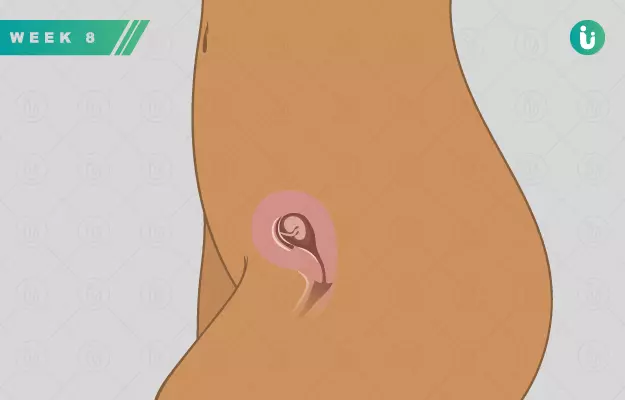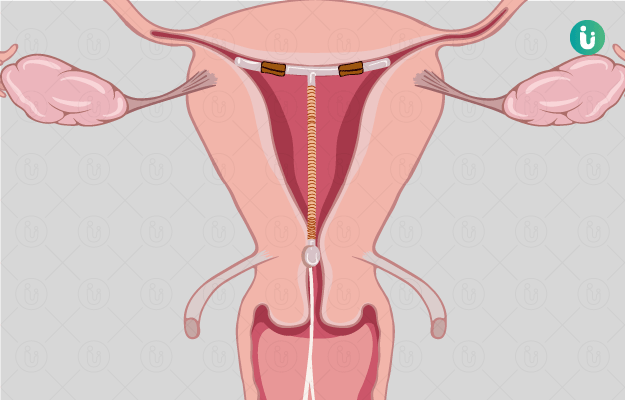Congratulations on entering the eighth week of pregnancy! At the end of this week, you will be two months pregnant. Even if you don't see a baby bump yet, you are probably already experiencing signs like bloating and sore breasts as the hormone levels rise in your body.
Your baby is now growing quickly in your womb: this week, your baby transitions from being an embryo into becoming a foetus. You will start observing subtle changes in your body. You will have to start making appropriate lifestyle changes to be able to carry the pregnancy to full term, and deliver a healthy baby boy or girl.
Since the pregnancy is still quite new, you might have a number of questions regarding what’s good for the baby, and what steps you should take to stay healthy during the next 33 weeks. Here’s everything you need to know about what happens in the eighth week of pregnancy.










































